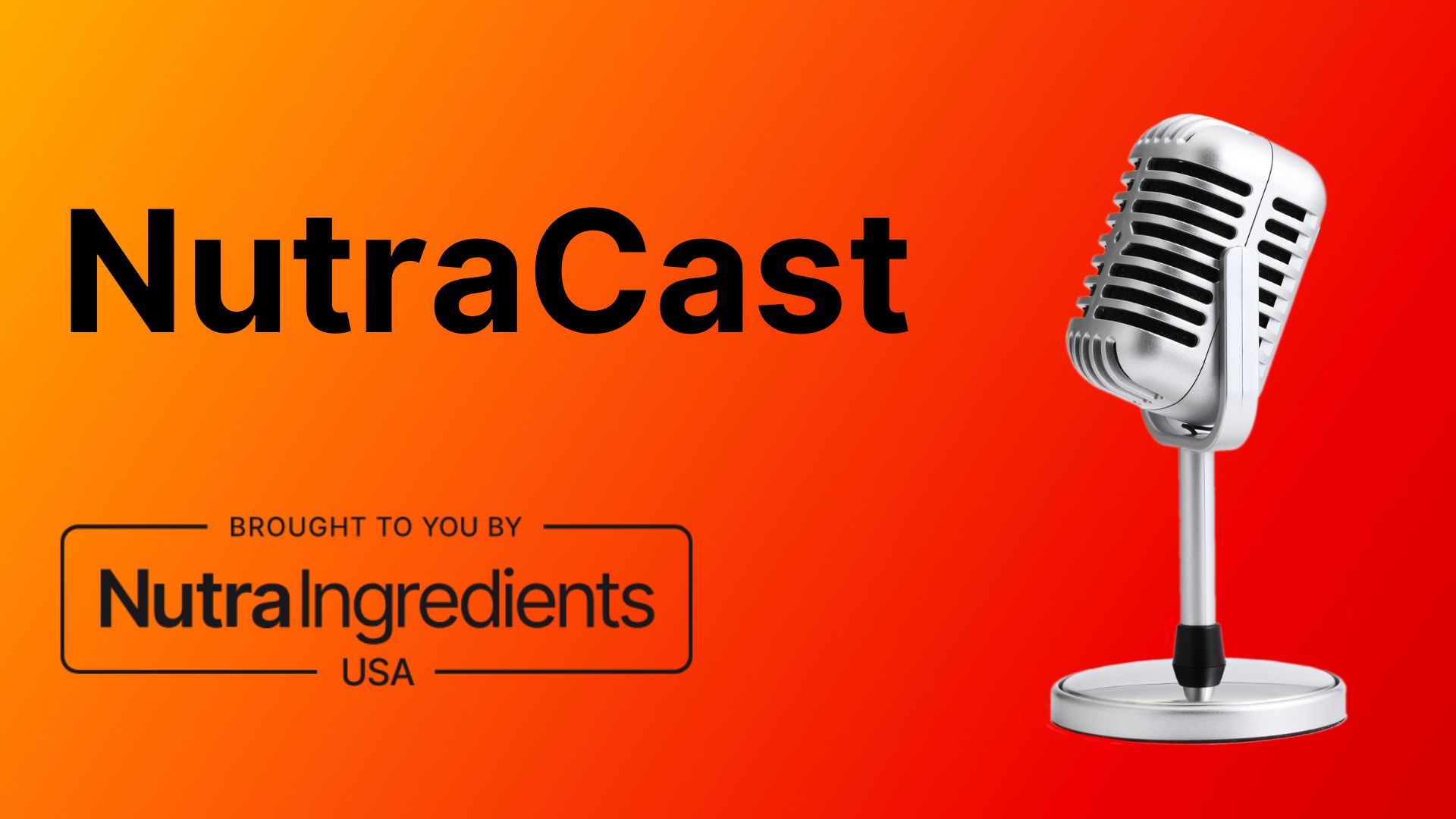FoodChain ID works with over 30,000 other companies across the global supply chain to help them stay compliant in various countries (and states).
When looking at the key differences in the regulatory frameworks governing ingredients for nutritional use in supplements in the U.S. and the EU, attorney Kevin Kenny, a consultant for FoodChain ID, said there are some overarching similarities, but the systems are built very differently between the two.
“Very often, a product that you can sell in the United States [if] you ship it across the Atlantic, you can’t sell it exactly the same here,” Kenny said.
“Some additives that are used here are not permitted in supplements in the European Union. In a few cases, it’s the other way around, but mostly we still use some things that are not used in the European Union. That obviously adds some layers of challenge to this.”
Kenny said the biggest challenge in the U.S. right now is on the state side, with federal rules competing with individual state regulations.
“If you’re trying to protect safety, having different requirements in each different state is the worst way to do that because instead of having one set of rules that you can learn, understand and comply with across all of the states, you suddenly have to figure out what are these different mosaics,” he said. “It is a very painful moment right now, and I hope to God that FDA stands up and pushes back on some of this because it’s becoming more and more of a problem over time.”
With so many different rules, regulations and languages, Kenny said he is capitalizing on AI.
“I’ve been amazed at what is possible now with machine learning,” he said. “I don’t speak every language out there, but it is capable of doing fairly decent translations on the fly when I ask it questions, so there’s real potential there.
“It’s a very exciting time. I think it’s going to be changing what we do dramatically in the next three to five years. On the other hand, if you ignore it, I’m afraid that it’s going to come and haunt you at some point.”
To hear more on how recent U.S. state regulations have added complexity to innovation, what companies can do now to prepare for possible reformulations and what sort of counsel FoodChain ID is providing clients when considering new market entries, listen to the NutraCast.
If you enjoy listening to the NutraCast, feel free to leave a review. You can subscribe on Apple, iTunes, Spotify or wherever you get your podcasts.
